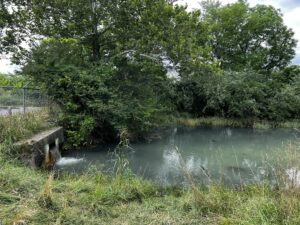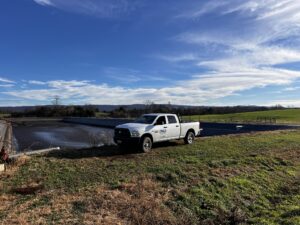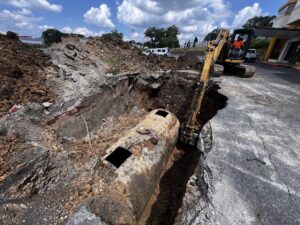How to become an Environmental Engineer/Scientist

In our ever-growing communities and cities, industries like mining, manufacturing, and construction play a pivotal role in providing resources, building
homes, and meeting daily needs. However, they also contribute to waste, pollution, and disruptions in our natural ecosystem. Enter Environmental Engineers and Scientists – the unsung heroes working to counterbalance these effects.
Armed with an understanding of the environment, Environmental Engineers/Scientists design innovative solutions to minimize and manage waste and pollution. They monitor the air, water, soil, and ultimately, our health, and develop strategies that adhere to environmental regulations.
The demand for Environmental Engineers/Scientists is on the rise. The U.S. Government projects a robust 6% growth in this field from 2022 to 2032. Around 6,900 annual openings for environmental scientists and specialists are expected, highlighting the crucial role they play in our evolving world.
As the global population expands, these professionals become essential in ensuring a high quality of life with access to clean water, air, and land. The ongoing construction projects supporting this growth create a continuous demand for environmental specialists. Moreover, the increasing global environmental concern only intensifies the need for qualified Environmental Engineers/Scientists.
These solution-oriented experts can be found in various settings – residential, commercial, industrial, recreational areas, and more. The nature of their work often evolves with experience, starting with fieldwork to build foundational knowledge and progressing to office-based responsibilities such as planning, data analysis, and compliance coordination.
To become an Environmental Engineer/Scientist it starts with a solid educational foundation. Key subjects include English, Mathematics, Physics, Chemistry, and Biology – prerequisites for further education in engineering or science.

A Bachelor’s degree in either Environmental Engineering or Environmental Science is highly desirable. These programs equip graduates with the skills needed for careers in planning, management, monitoring, and research. Triad Engineering, Inc., a consultancy that deals with environmental concerns, is one such avenue for the application of this knowledge.
Triad Engineering employs a diverse team of Environmental Engineers and Scientists. They play a crucial role in advising on managing environmental risks, investigating historical and future impacts, and ensuring regulatory compliance. The term “Environmental Consultant” covers a broad range of experts, highlighting the multidisciplinary nature of the field.
In conclusion, the path to becoming an Environmental Engineer/Scientist is diverse. It’s a career that not only meets the demands of the present but ensures a sustainable and healthier future for all.
Check out our current opportunities here: https://triadeng.applicantpool.com/jobs/
Click HERE to check out the Environmental Services offered by Triad.


